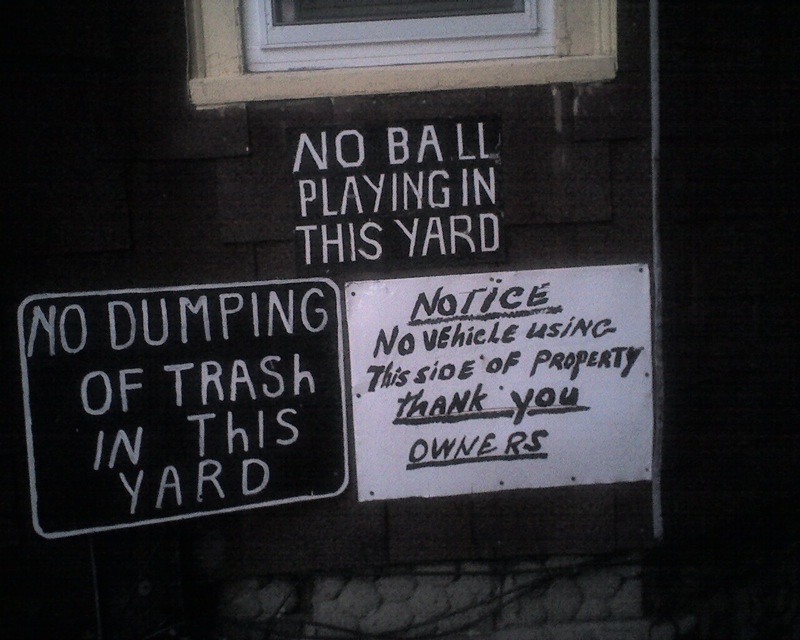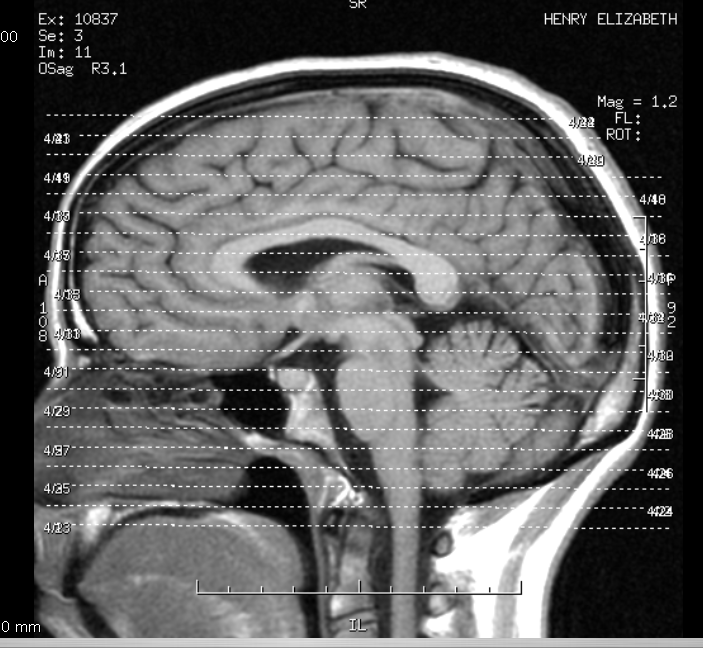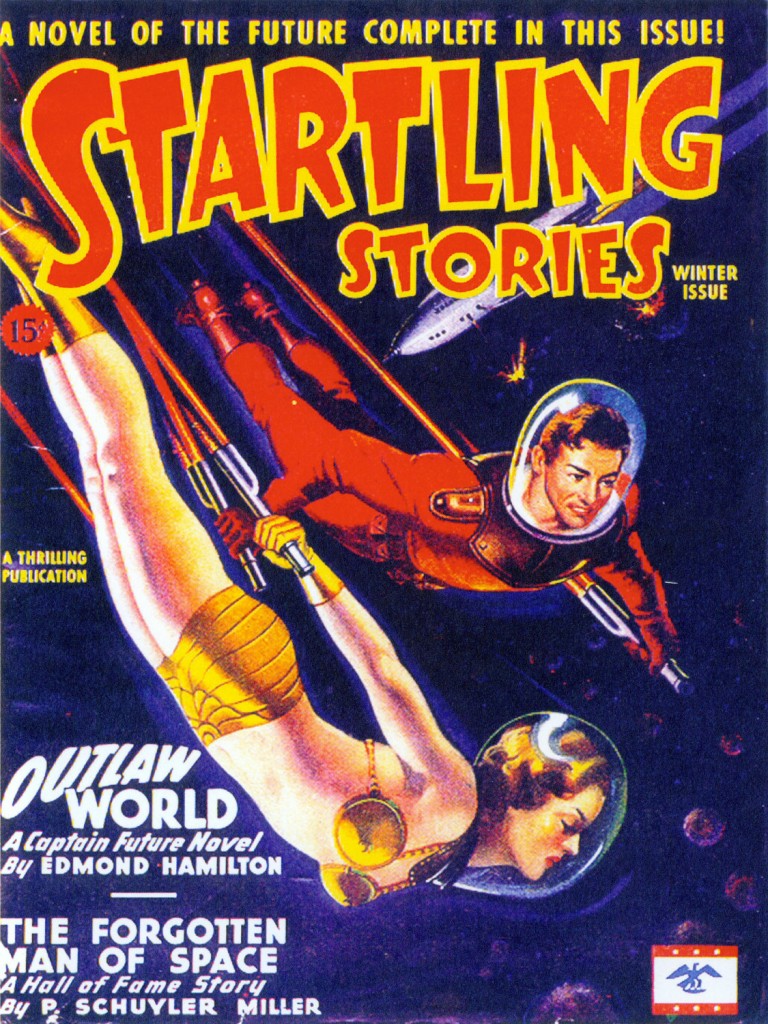
Newspapers are beautiful, but are they redundant? Photo: Jon S
Really interested in Adrian’s latest post on Networked Media. It is truly worthwhile to note the current instability and uncertain future that faces traditional media, particularly print news. Where as radio seems to have flourished with new technologies (I’m only making an assumption, but I see more independent radio shows, online shows, podcasts and digital streaming popping up all over the web), print media seems to be falling short. Traditional media and journalism in particular is resisting change.
Adrian is exactly right:
“Model I single loop learning all the way along. At no point has ‘what is journalism’ or ‘what is news’ been reconsidered.”
Traditional media services are defensive and reactive, they aren’t innovating or making incredible groundbreaking use of technology that could be used to further their share of the news world and media market. Blogs are more trustworthy and respectable then ever, people are quitting their day jobs and turning to blogging as a steady, financially viable source of income (Even after years of law school in some cases).
If nothing is done, traditional media might very well run into the ground. That’s my question. What will happen to traditional media? Is there still a place for it in today’s society? (I think there might be, but they might not be so “traditional” anymore.) And what sort of things have to be done to reshape media, are we the generation to do it?









